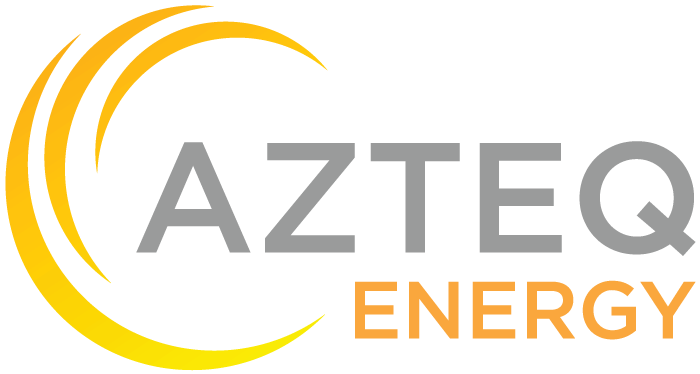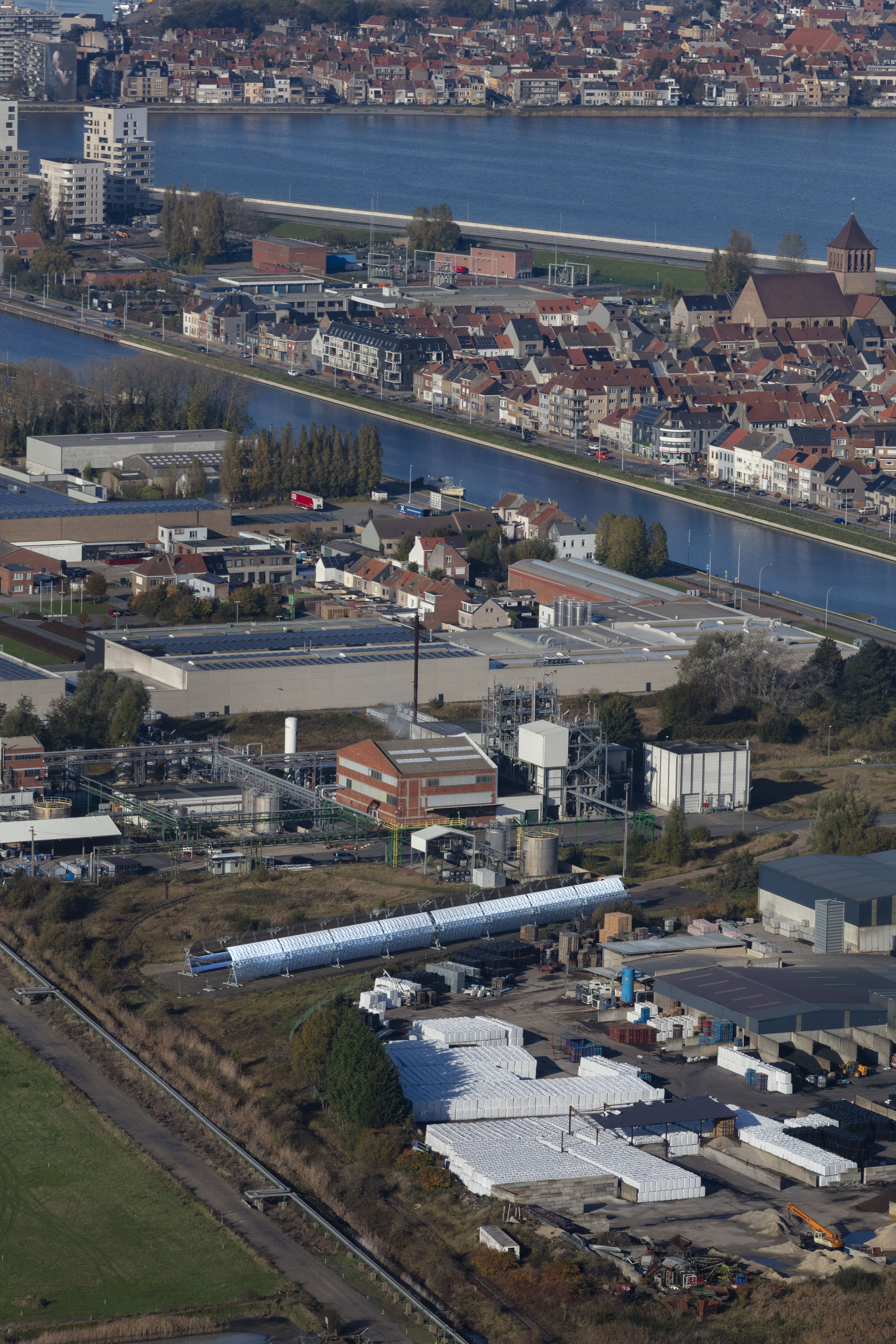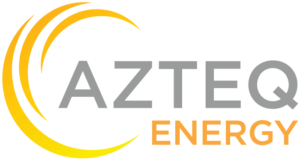As Europe heralds the landmark decision to cut its greenhouse gas emissions by 55% by 2030 and become climate neutral by 2050, the energy transition has become the standout feature of its impending policies. Building upon that, the energy sector aims to provide concentrated, naturally occurring solar thermal energy for industrial usage to minimize CO2 emissions in line with the holistic Effort Sharing Regulation (ESR).
What is the ESR?
The Effort Sharing Regulation (ESR), also known as the Climate Action Regulation, is Europe’s proliferated responsibility that plans to share the burden of the goals laid out for 2030 and 2050 in a holistic but also realistic manner with respect to individual national GDPs. The ESR is a way for Europe to reduce the climate impact of sectors that do not come under the EU’s Emission Trading System. Addressing 60% of the gas emissions generated by the EU, the ESR sets targets for the reduction of national emissions for the years 2021-2030 for several industries like transport, agriculture, construction, etc.
On account of the ESR, emission reduction efforts within the EU are shared between all the members of the EU states. The division of efforts is done based on how wealthy a country is as measured by GDP per capita. These national efforts add up to an overall estimated reduction of 30%, which are comparable to 2005 emission levels for the entire EU.
To assist in the endeavor of meeting set climate targets, regulations have been set up in the ESR to ensure those that have more do more to compensate for the lack of potential more dependent countries have to mitigate climate change. For instance, setting up carbon markets and forestry credits help induce an offsetting mechanism to allow for dynamism in the climate control capacity. Revisions in the ESR are made to bring it at par with the EU Green Deal and assist in wholesale milestone completion for each nation. To ensure that each nation complies with this completion, regulatory bodies are set up to ensure that not only existing operations make the sustained move towards greener energy, but also that new industries and city planning operations rely on carbon-free infrastructures to help meet the EU set targets.
Carbon-free societies are only possible when sustainable energy is used to power the goods we consume and areas where we reside, and for that, the EU remains dedicated to using incentivizing and penalizing techniques to guide all projects towards sustainability.
The EU Green Deal
European Union leaders have reached a consensus on the fact that Europe should achieve carbon neutrality by 2050. To ensure that these carbon reduction targets are met, the European Commission launched the EU Green Deal, which is a comprehensive policy package to help the EU attain all its environmental targets. The Green Deal has several salient features, all geared towards reducing carbon emissions and achieving carbon neutrality in the next few decades. Achieving carbon neutrality will call for massive changes to not only existing climate policies but also governance structures, infrastructure, large-scale production methods, and general lifestyle and sensibilities. The adoption of strong climate policies such as the Effort Sharing Regulation (ESR) and the EU Emissions Trading System (ETS) will help to reduce greenhouse gas emissions by a projected 65% over the current decade.
Furthermore, under the auspices of the European Green Deal, the Emission Trading System of the EU will grow to ensure that companies will find ever-expanding reasons to assimilate greener and carbon-free best practices to not only remain competitive but also excel in the market as a conscious and responsible brand. For this reason, the most optimistic road ahead for industries and town planning alike lies in finding environmentally-friendly alternatives to their conventional processes.
Azteq’s role in facilitating the energy transition
Azteq is committed to equipping companies with cleaner energy sources so that they can successfully meet the demands of the ESR and the European Green Deal. Azteq offers heating solutions to B2B organizations, enabling them to minimize their carbon footprint by cutting down their carbon dioxide emissions.
As a company, our main focus rests on the industrial sector; however, we are soon branching out into the district heating sectors within cities. Our target demographic are industries that can benefit from incorporating our cutting-edge CST platform technology into their energy plans to make their company more energy efficient. By straying away from mainstream alternatives like gas, these companies can utilize the sun’s thermal energy to lower their CO2 emissions. Some industries that can benefit from our industrial solar energy solutions include chemical plants, breweries, bottling plants, and steel manufacturing plants.
Several companies spanning across several industries are trying to limit their carbon footprint by introducing renewable energy as an energy source. To meet the goals for the EU Green Deal
And the ESR, new alternatives to fossil fuels need to be explored. With Azteq’s Concentrated Solar Thermal Platform technology, companies can significantly lower their carbon footprint. Instead of using mainstream methods like burning gas, Azteq harvests the sun’s thermal energy using concentrated solar thermal technology. Using parabolic reflectors to concentrate solar thermal energy provides state-of-the-art green heat that prevents usage of fossil fuel-based heat generation and, in the process, bypasses the need for harmful pollutants that the EU Green Deal aims to undercut. This energy then can be utilized for a wide-spanning range of functions such as metallurgy, packaging, distillation, and chemical processing industries – essentially those at the forefront of being hit hard by the Green Deal regulations in terms of energy revamping.
At Azteq, our mission is to be a front runner in the clean energy revolution by scaling green heat technology to meet industrial demands. Azteq is endorsed by organizations like Bond Beter Leefmilieu and Greenpeace as recognition for our commitment towards providing an eco-friendly solution to tackle industrial heat and make a positive difference to our planet by adopting green practices.
Visit our website to find out more about our mission to harvest sustainable thermal energy via our revolutionary CST Platform technology.


